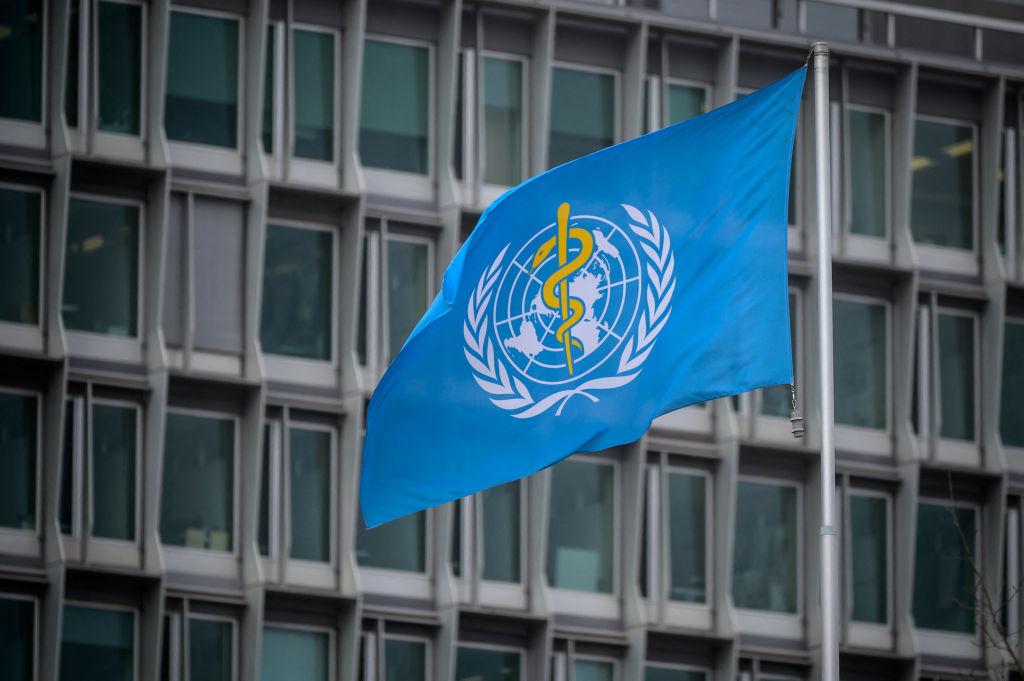A panel of independent experts commissioned by the World Health Organization (WHO) has issued a scathing rebuke of the global reaction to COVID-19, calling the outbreak a “preventable disaster” and a “terrible wake-up call” that exposed weak links along the entire chain of pandemic preparation and response.
In a report issued on May 12 (pdf), the Independent Panel for Pandemic Preparedness and Response blamed countries worldwide for their sluggish response to the outbreak of the CCP (Chinese Communist Party) virus, saying most waited to see how the virus was spreading until it was too late to contain it, leading to catastrophic results.





